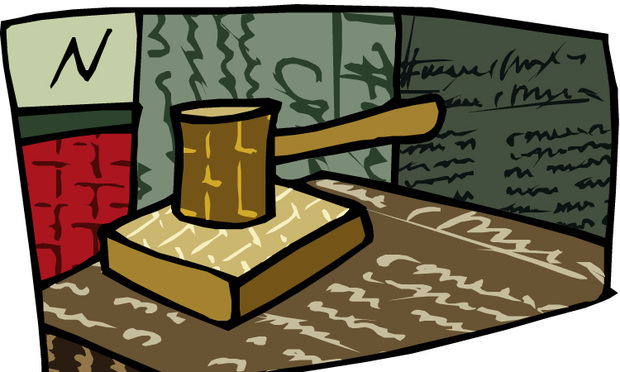When the Supreme Court issued its opinion in Spokeo v. Robins in May, attorneys made a range of predictions about the future of lawsuits based on violating statutes intended to protect the privacy of consumers. Some opined that plaintiffs would find it difficult to establish the concrete harms that Spokeo demands for standing in federal courts. Others felt that the court’s recognition that intangible harms could be sufficient to establish standing would make it easier.
In the five months since the decision, lower courts have applied Spokeo to a variety of lawsuits for violations of privacy-protecting statutes. The Supreme Court’s focus on identifying concrete harms has led courts to tighten up pleadings, and more important, to weed out cases where plaintiffs engineer violations. But most courts have accepted Congress’ judgments in identifying privacy harms by legislation, resulting in courts becoming more comfortable finding standing when a plaintiff alleges an intangible harm.
This content has been archived. It is available through our partners, LexisNexis® and Bloomberg Law.
To view this content, please continue to their sites.
Not a Lexis Subscriber?
Subscribe Now
Not a Bloomberg Law Subscriber?
Subscribe Now
LexisNexis® and Bloomberg Law are third party online distributors of the broad collection of current and archived versions of ALM's legal news publications. LexisNexis® and Bloomberg Law customers are able to access and use ALM's content, including content from the National Law Journal, The American Lawyer, Legaltech News, The New York Law Journal, and Corporate Counsel, as well as other sources of legal information.
For questions call 1-877-256-2472 or contact us at [email protected]



